Banpu Power and SDGs
Banpu Power has established the performance targets aligning with the United Nations Sustainable Development Goals (SDGs) as follows:
|
The United Nations Sustainable Development Goals (SDGs) |
Banpu Power’s Targets by 2025 |
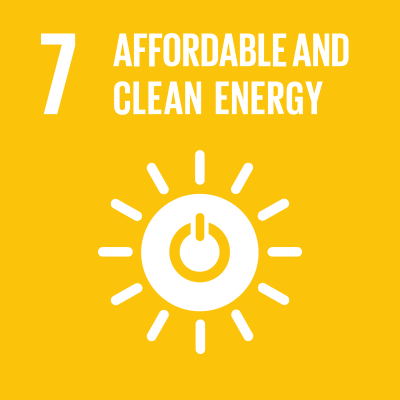 |
7.1 By 2030, ensure universal access to affordable, reliable and modern energy services.
7.2 By 2030, increase substantially the share of renewable energy in the global energy mix.
7.3 By 2030, double the global rate of improvement in energy efficiency. |
- Increase a generation capacity of 1,500 MW by 2030 through investment in a low-carbon energy generation and the energy transition.
- 65% or two-thirds of EBITDA1 generated from non-coal businesses by 2030
- Availability Factor (AF) at a rate of 85 – 90%
- Combined heat and power plants ≥ 90%
- Gas-fired power plants ≥ 85%
- Forced Outage Factor at a rate of 2.5 – 5%
- Combined heat and power plants ≤ 5%
- Gas-fired power plants ≤ 2.5%
- Energy consumption intensity ≤ 2.84 GJ/MWh
- Combined heat and power plants ≤ 1.55 GJ/MWh
- Gas-fired power plants ≤ 3.94 GJ/MWh
- Key ESG issues are part of the CEO’s performance appraisal and cascaded to senior managements.
|
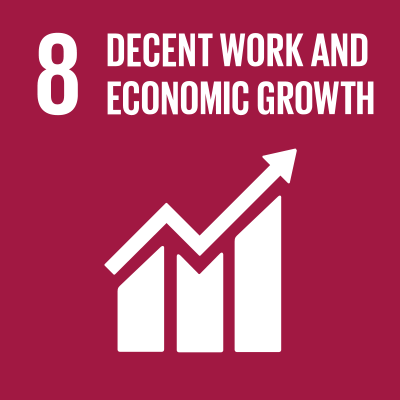 |
8.8 Protect labour rights and promote safe and secure working environments for all workers, including migrant workers, in particular women migrants, and those in precarious employment. |
- All working place environment comply to regulatory requirements and standards.
- No major incident and occupational illness in employees and contractors
- Zero fatality
- Zero lost time injury frequency rate (LTIFR)
- Zero total recordable injury frequency rate (TRIFR)
- Zero high-consequence injury rate
- Zero fatality caused by occupational ill-health
- Zero total recordable occupational ill-health frequency rate
- Zero tier-1 process safety event rate
- Employee engagement score ≥ 70% in Thailand and ≥ 85% in China
- Banpu Heart score ≥ 70% in Thailand and ≥ 90% in China
- Proportion of employees having Individual Development Plan (IDP) equivalent to 100%
- All critical positions are identified for succession planning
- Proportion of business units conducing human rights risks assessment of no less than 70%
- No significant human rights complaints and 100% of significant human rights complaints resolved by a dispute resolution mechanism
- All business units have a risk management plan with ESG issues.
- Customer and Product
- Zero complaint about customer privacy
- Zero complaint about safety and environment concerning product use
- All customers’ complaints are investigated and resolved within an appropriate timeframe
|
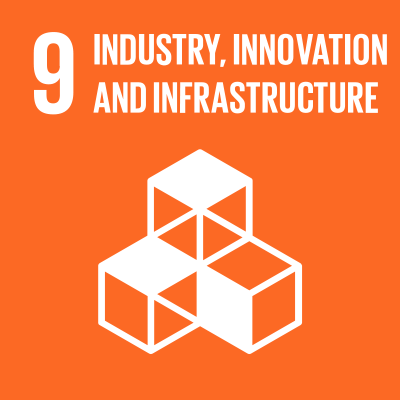 |
9.4 By 2030, upgrade infrastructure and retrofit industries to make them sustainable, with increased resource-use efficiency and greater adoption of clean and environmentally sound technologies and industrial processes, with all countries taking action in accordance with their respective capabilities. |
- Emissions intensity of the thermal power plants achieves ultra-low emissions.
- SO2 intensity ≤ 0.0336 kg/MWh
- NOx intensity ≤ 0.0555 kg/MWh
- PM intensity ≤ 0.0216 kg/MWh
- Hazardous waste disposal to landfills < 210 tonnes/year
- Non-hazardous waste disposal to landfills < 793 tonnes/year
- No significant environmental and social incident, and fines of non-compliance at all operation assets
- No significant ESG complaint from communities, both operation and resettlement
- All significant complaints must be resolve through dispute mechanism
- All thermal power plants in China was certified ISO 14001 (Environmental management system standards)
- Not less than 50% of spending on local suppliers
- 100% of of critical tier-1 suppliers assessed for ESG risks
- 100% of contracts contain ESG requirement clauses
- Cybersecurity and privacy maturity score not less than 2.5 (total score is 5)
|
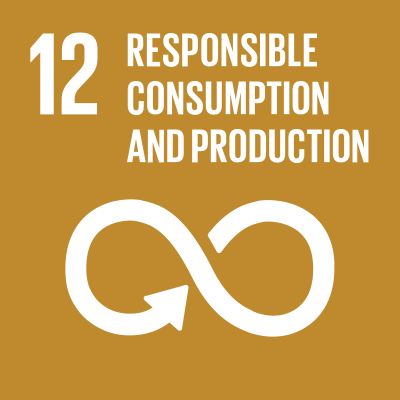 |
12.2 By 2030, achieve the sustainable management and efficient use of natural resources. |
- Water consumption intensity ≤ 0.917 m3/MWh
- 100% re-used/ recycled of fly ash and bottom ash
- All operational control assets assessed for potential biodiversity impact
|
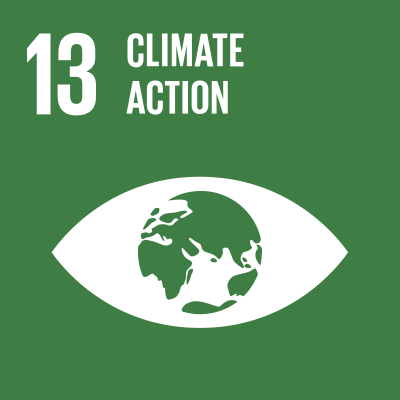 |
13.1 Strengthen resilience and adaptive capacity to climate-related hazards and natural disasters in all countries. |
- GHG emissions intensity ≤ 0.549 tonnes CO2e/MWh in all operational control thermal power plants
- Disclose climate change information according to Task Force on Climate-related Financial Disclosures (TCFD)
- Business continuity management (BCM) system established and rehearsed at all business units, and the proportion of critical business functions drill the BCM plan equivalent to 100%.
|
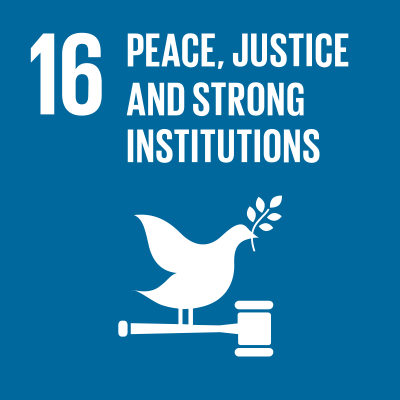 |
16.5 Substantially reduce corruption and bribery in all their forms. |
- Achieve zero incidents involving non-compliance, corporate governance and corruption
- 100% of significant corporate governance complaints resolved through a dispute mechanism
- Be a member of the Collective Action Coalition Against Corruption (CAC)
|









